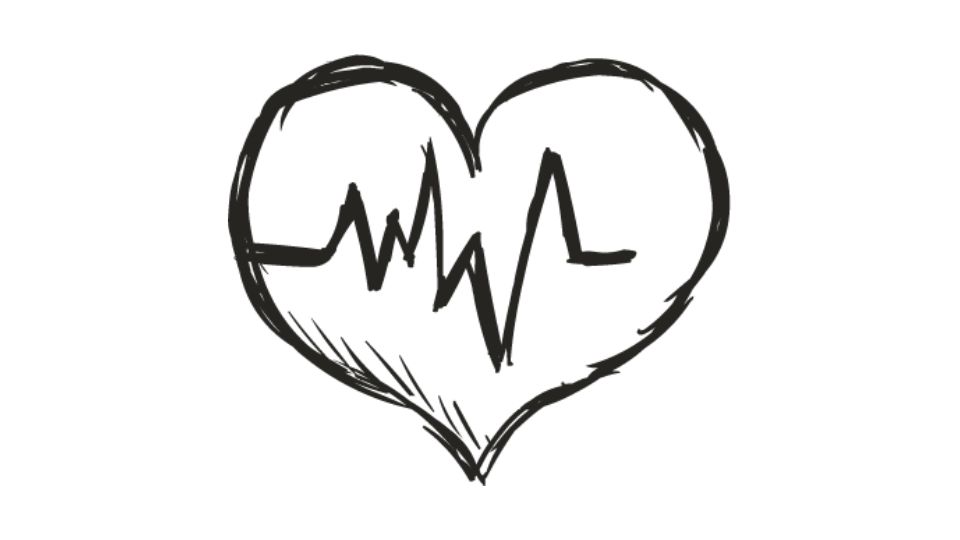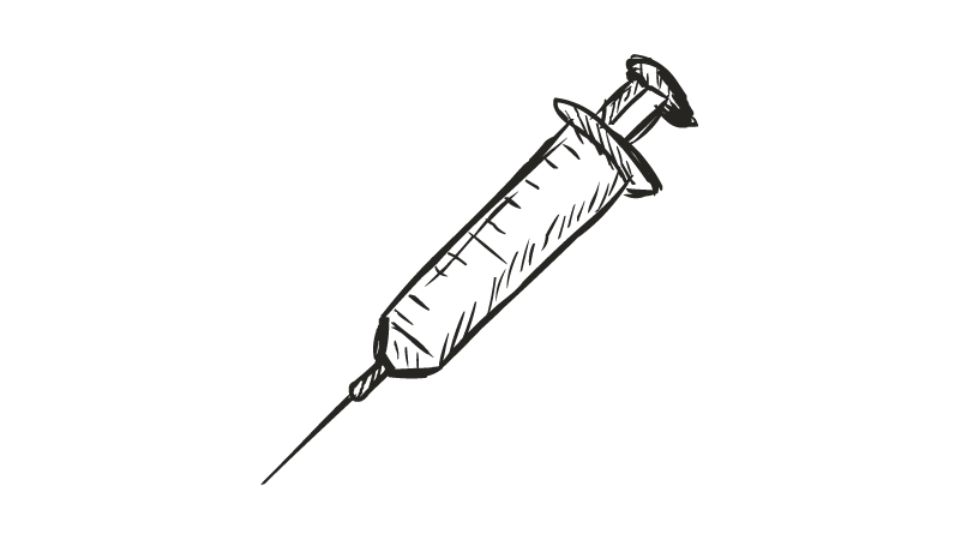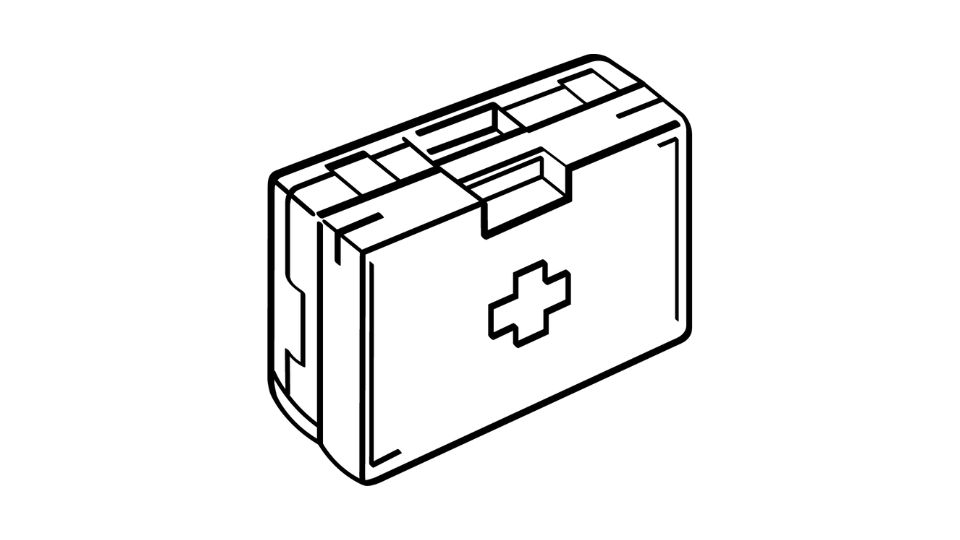Tracking what you eat after bariatric surgery isn’t just helpful—it’s absolutely critical for your success.
When you’ve had your stomach surgically altered to the size of an egg (yes, really!), keeping tabs on every bite becomes a whole new ballgame.
I’m going to break down why meal tracking matters so much after bariatric surgery, what you need to track, and how to make it simple enough that you’ll actually stick with it.

Why Meal Tracking Makes or Breaks Your Bariatric Success
Let’s be real—bariatric surgery fundamentally changes your relationship with food forever. Your surgeon didn’t just make your stomach smaller; they rewired your entire digestive system.
Those changes mean you now have to:
- Track your protein (because getting enough is harder but more important)
- Monitor your portions (because overeating even once can be painful)
- Space out your meals and fluids (because your new stomach has strict rules)
- Avoid certain foods that could make you sick (dumping syndrome is no joke)
The Post-Surgery Diet Journey

After surgery, you’ll progress through several diet stages—each with its own set of rules:
- Clear liquids (first few days)
- Full liquids (1-2 weeks)
- Pureed foods (2-4 weeks)
- Soft foods (4-6 weeks)
- Regular foods (6+ weeks)
Each phase has different nutrition requirements, and skipping ahead can literally tear your stomach. So yeah, tracking is kind of important!
What You Actually Need to Track
Protein: Your New Best Friend
Aim for 60-100 grams daily. This isn’t just a suggestion—it’s how you prevent muscle loss while you’re rapidly losing weight.
According to Cleveland Clinic guidelines, most bariatric patients struggle to get enough protein without tracking. Your tiny stomach fills up fast, so every bite needs to count.
Tracking helps you prioritize protein-rich foods like:
- Egg whites
- Greek yogurt
- Lean meats
- Protein shakes (your lifeline in early stages)
Hydration: Separate But Equal
Drink at least 64 ounces daily but—and this is crucial—not with meals.
You’ll need to:
- Track water intake separately from food
- Wait 30 minutes after meals before drinking
- Sip slowly throughout the day
Dehydration is the #1 reason bariatric patients get readmitted to the hospital, according to Johns Hopkins research.
Calories: Quality Over Quantity
In the beginning, you might only consume:
- 300-600 calories daily (first month)
- 600-800 calories (months 2-3)
- 800-1000 calories (months 3-6)
But it’s not just about the numbers—it’s about nutrient density. A protein shake and a milkshake might have similar calories, but one helps you heal while the other could land you in the ER.
How to Actually Track Without Losing Your Mind

Let’s be honest—the last thing you want after major surgery is to spend hours logging every bite in a complicated app.
Most bariatric patients start with good intentions but quit tracking within weeks because:
- Traditional apps require too much work
- Barcode scanning doesn’t help with homemade meals
- Protein goals are hard to visualize
This is why simpler approaches like MealbyMeal are gaining popularity—you just text what you eat, and AI handles the tracking.
The service automatically calculates your protein, calories, and other nutrients without you having to look up every ingredient.
The Tracking Sweet Spot
The ideal tracking method for bariatric patients should:
- Take less than 5 minutes daily
- Focus heavily on protein tracking
- Include reminders for hydration
- Be easy to share with your healthcare team
According to ASMBS research, patients who track consistently for the first year have significantly better outcomes and fewer complications.
Tracking Beyond the Scale

Meal tracking isn’t just about weight loss—it’s about catching problems before they become emergencies.
Potential Complications Tracking Can Prevent
- Protein malnutrition: Hair loss, muscle weakness, edema
- Vitamin deficiencies: B12, iron, calcium issues
- Dumping syndrome: Tracking helps identify trigger foods
- Dehydration: The silent killer for bariatric patients
By tracking, you create a record that helps your medical team spot patterns. Can’t tolerate dairy? Feeling weak on certain days? Your food log becomes a diagnostic tool.
Long-Term Success Depends on Data
The harsh reality is that 20-30% of bariatric patients regain significant weight within 5 years.
The difference between those who keep it off and those who don’t?
Consistent tracking and accountability.
Bottom Line

Meal tracking after bariatric surgery isn’t optional—it’s as important as taking your vitamins and showing up for follow-up appointments.
But it doesn’t have to be complicated. Find a system that works for you, whether that’s a specialized app like MealbyMeal, a paper journal, or working with a registered dietitian who specializes in bariatric nutrition.
Your new stomach is a powerful tool, but like any tool, it needs proper maintenance and monitoring to work its best. Track your meals, protect your investment in yourself, and set yourself up for lasting success.
Remember: This surgery gave you a head start, but tracking gives you the finish line.




Leave a Reply